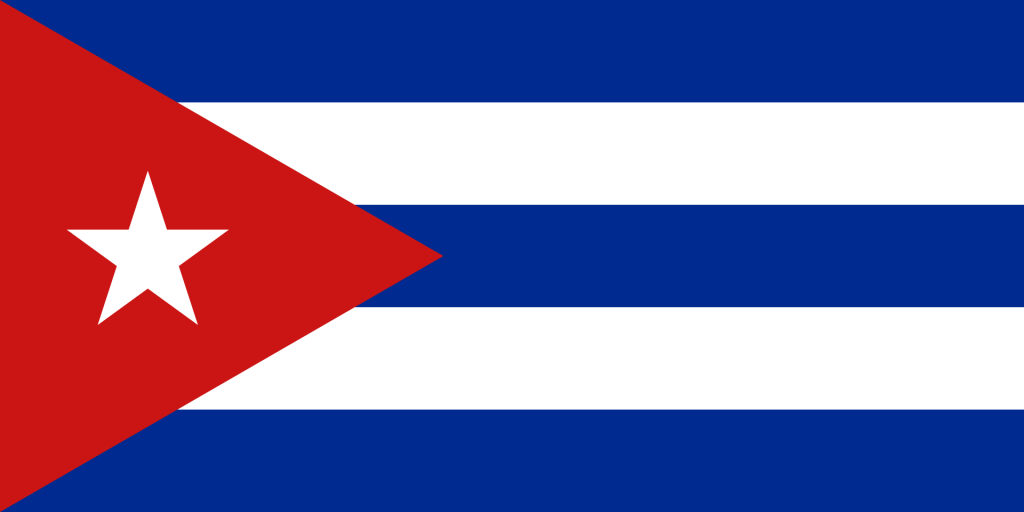Cuba

- Cuba is the largest island in the Caribbean and is located in the northern Caribbean Sea at the confluence with the Gulf of Mexico and the Atlantic Ocean. Here are some key facts about Cuba:
- Location: Cuba is situated south of the eastern United States and the Bahamas, west of the Turks and Caicos Islands, and north of Jamaica and the Cayman Islands.
- Size and Population: With an area of approximately 110,860 square kilometers (42,800 square miles), Cuba is the largest island in the Caribbean. It has a population of around 11.3 million people (as of the latest available data).
- Capital: Havana, located on the northwest coast of the island, is the capital and largest city of Cuba. It is a major cultural, economic, and political hub.
- History: Cuba was inhabited by various indigenous peoples before the arrival of European explorers. It was colonized by Spain in the 16th century and remained under Spanish rule until the Spanish-American War in 1898 when it became a U.S. protectorate. Cuba gained independence from the United States in 1902, although its political history has been marked by various periods of authoritarian rule and revolution.
- Government: Cuba is a socialist state with a one-party system, governed by the Communist Party of Cuba. The president of Cuba serves as both the head of state and government.
- Economy: The Cuban economy is predominantly state-controlled, with the government owning and operating most industries and services. Key sectors include tourism, agriculture (especially sugarcane and tobacco), healthcare, and biotechnology.
- Culture: Cuban culture is a rich blend of African, Spanish, and indigenous influences. Music, dance (such as salsa and rumba), literature, art, and cuisine are integral parts of Cuban culture and have gained international acclaim.
- Language: Spanish is the official language of Cuba and is spoken by the vast majority of the population. English is also spoken in tourist areas and among certain segments of the population.
- Natural Beauty: Cuba is renowned for its diverse landscapes, including lush forests, mountains (such as the Sierra Maestra), fertile valleys, and beautiful beaches (such as Varadero and Cayo Coco). The island is also home to numerous national parks and biosphere reserves.
- Embargo: Cuba has been subject to a trade embargo imposed by the United States since the early 1960s, which has significantly impacted its economy and international relations. Despite this, Cuba has developed diplomatic and trade relations with other countries around the world.
